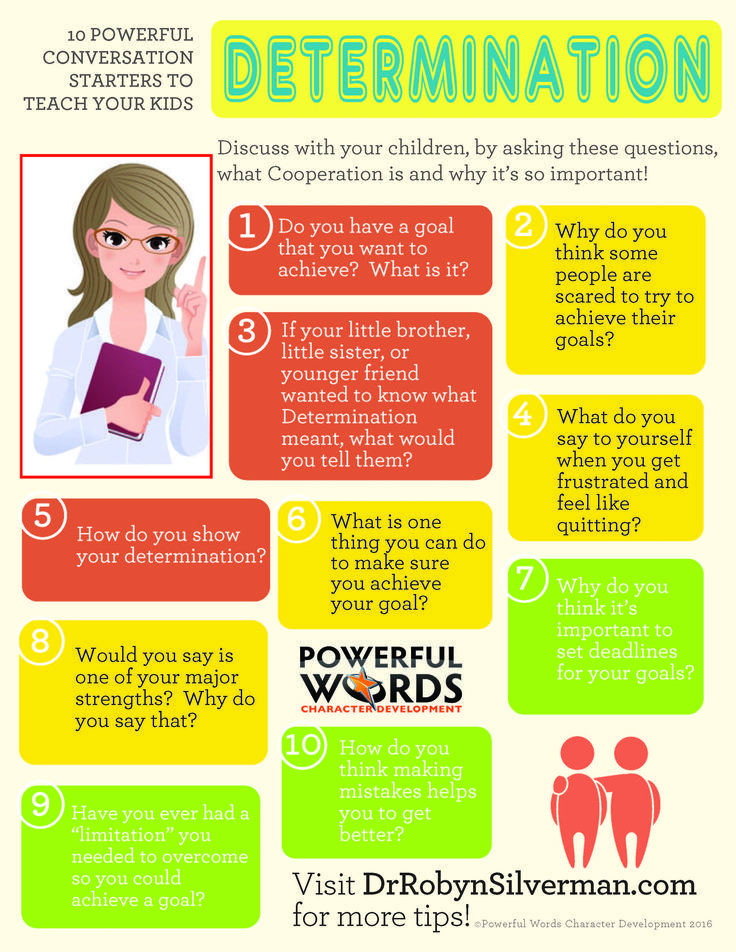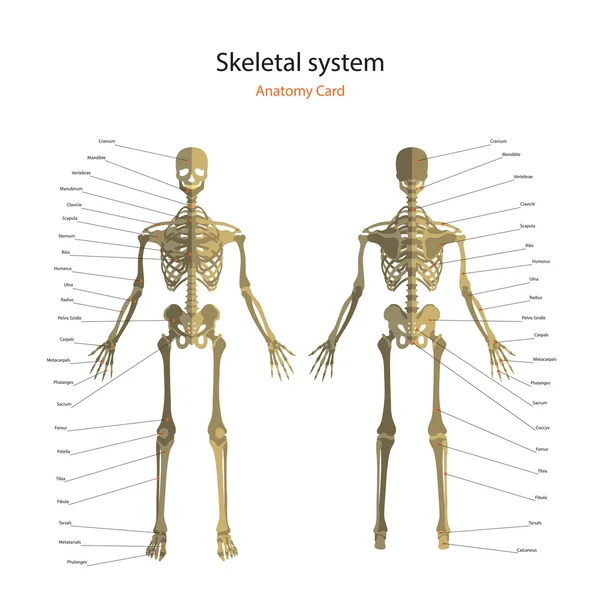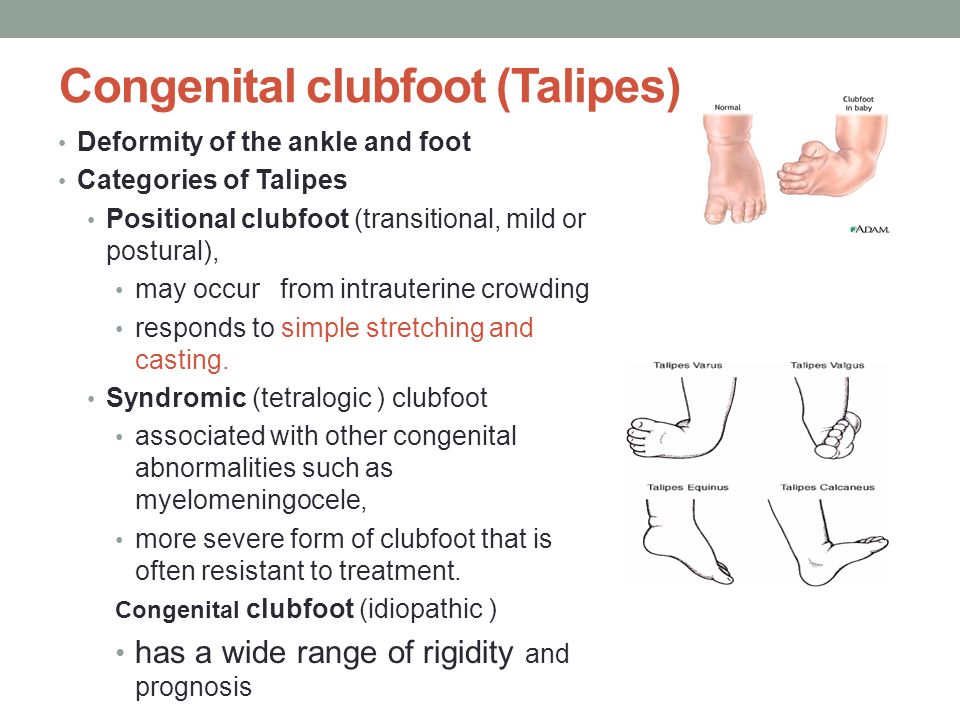How to request a teacher for your child
How to Request a Teacher for Your Kid
I've always viewed parents who request specific grade-school teachers for their children as kind of a helicopter parent — especially if their children, like mine, are lucky enough to attend an excellent school that's full of teachers that make it that way. My second grader has had three teachers with three different styles and personalities (some strict, some sweet), and I was thrilled about that fact because such is life. To me, learning to work with and learn from different types of people is just as an important as learning how to add double digits.
However, my son, who will enter kindergarten this Fall, has made me realize that my previous no-requesting policy was a privileged one. My first child is an excellent student, so I never worried about what teacher she'd get because I knew she'd do well regardless of whom she was assigned to. My second is a whole different story. My son needs a special kind of teacher, one who is patient, experienced, and compassionate, and because my daughter's kindergarten teacher was all of those things, I'm not just hoping he'll also be assigned to her classroom — I'm specifically requesting that it happens.
Since I've never requested a teacher before, I did my due diligence about how to best go about it, asking friends who've had kids in the school system longer than I have about their experiences in asking for a teacher. I also went directly to our school's principal to ask about when and how to ask for a specific teacher for my child. Here are the five tips I gathered about the best path to teacher-requesting success.
- Make a formal request to the school. Most schools will require that you make a formal request, in writing or through email, directly to your school administrators. Address your letter directly to the principal, who will most likely have the most pull and the final say on which class your child is placed in.
- Make your request before the end of the current school year. Your school is most likely starting the class placement process for the following school year in the Spring of the current one, so now's the time to shoot off an email or write a letter.
 Some schools, including mine, have a cutoff date for making such requests (ours is in mid-April), so be sure to ask if such a deadline exists and be sure to make it.
Some schools, including mine, have a cutoff date for making such requests (ours is in mid-April), so be sure to ask if such a deadline exists and be sure to make it. - Focus your request on your child's individual needs, not just a specific teacher. Just saying "I like Mr. or Mrs. So-and-So best" is not a great strategy. Instead, talk about your child's individual academic, social, emotional, or health needs, and if you have experience with a specific teacher you know can best meet those needs, definitely mention that teacher's name as your preferred choice.
- Don't be swayed by teacher gossip. Some teachers get a bad rap because they beat to a slightly different drum than their peers. Don't take hearsay and gossip as fact. That super-strict or super-silly teacher might not have been a great fit for your friend's kid, but she could be for yours.
- Trust that your school might know more than you do. Schools determine classrooms taking into account many factors, including each child's learning style and abilities and academic, emotional, and medical needs.
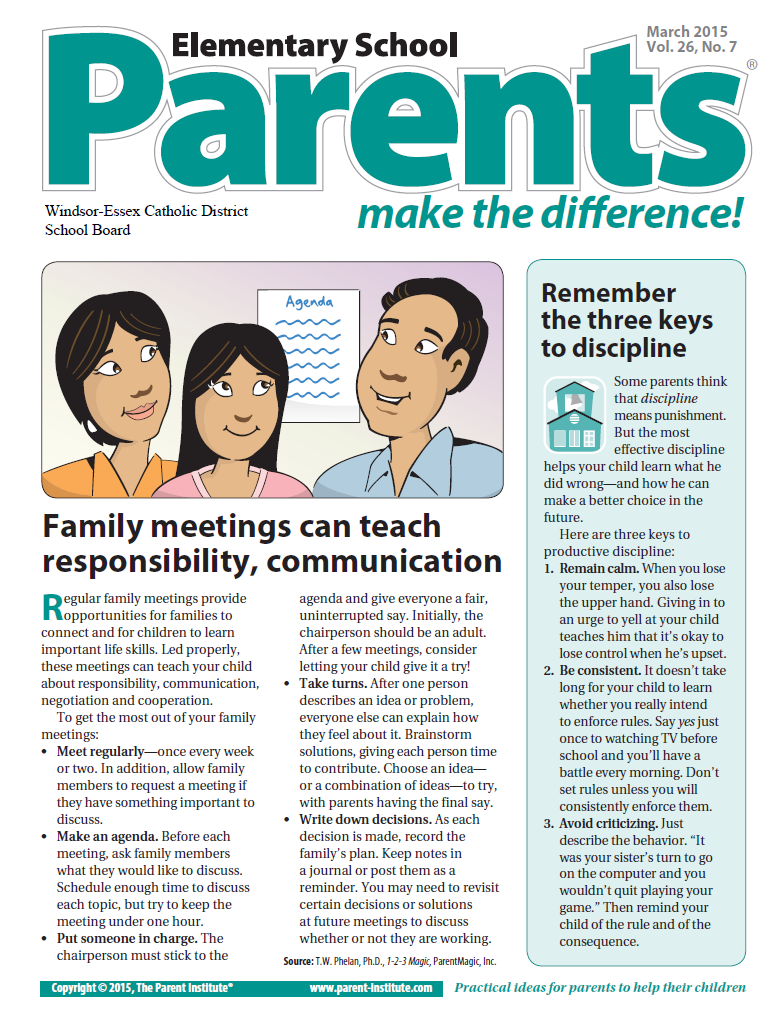 Creating classrooms that are balanced in terms of size and gender and free of personality conflicts are also key ingredients. If you don't get your request fulfilled, trust that your school has a good reason for ignoring it, and focus instead on getting your child excited for the classroom they'll actually be in, not the one you wanted for them.
Creating classrooms that are balanced in terms of size and gender and free of personality conflicts are also key ingredients. If you don't get your request fulfilled, trust that your school has a good reason for ignoring it, and focus instead on getting your child excited for the classroom they'll actually be in, not the one you wanted for them.
Image Source: Unsplash / NeONBRAND
How to Request a Specific Teacher for Your Child | Learning and Thinking Differences
Q
Can I request who my child’s teacher is for the next school year? Any pointers on what I should say and when I should say it? Or on what I should not say?
A
Answer:
My advice is to frame your request in terms of what your child needs rather than who your child needs. In my experience, schools tend to bristle when parents request a specific teacher. But most schools are willing to discuss specific needs of children.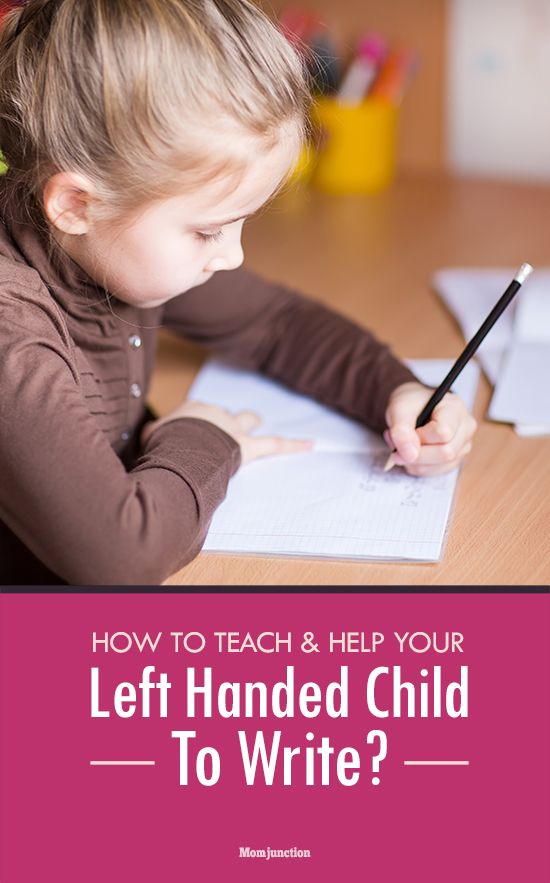
I recommend trying to do this in person. Arranging a face-to-face meeting will show the school how important this is to you. Scheduling this can be more challenging once the school year ends. But you can still politely ask if the principal will be in the office at some point during the weeks after school lets out.
If meeting in person isn’t possible, you can send a letter. In it, talk about your child’s specific needs. (Try to limit this to three things.) Mention the characteristics of teachers who have met or can meet those needs well.
If you’re able to meet in person, afterward you can send a follow-up email thanking the principal for taking time to meet. Try to keep it brief and upbeat. But be sure to include a sentence or two summarizing the key points you discussed.
In terms of timing, the best time to have this conversation is late spring or early summer. Ideally, you want to make your request when schools are doing their planning for next year.
If your child has an or a , you can ask for a team meeting.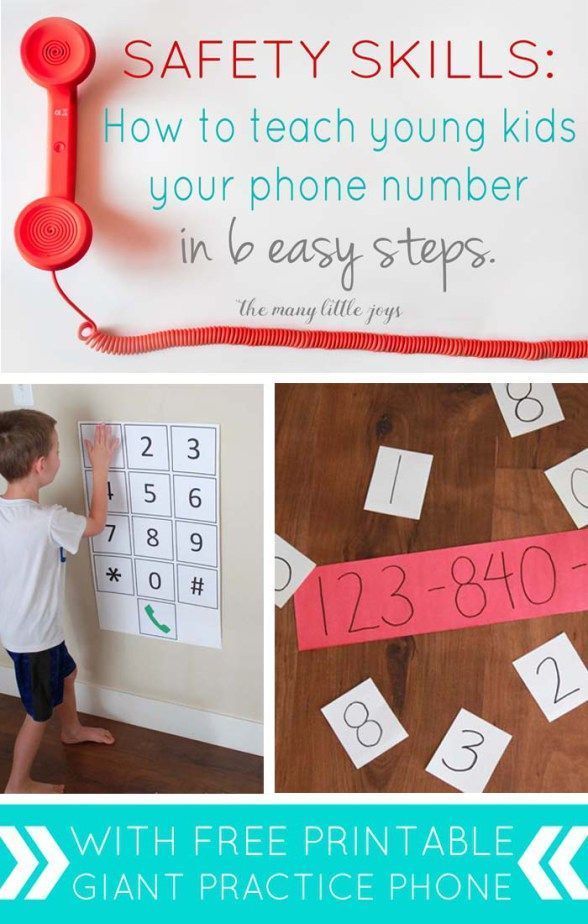 But this can be tough to pull together over the summer. Meeting with the principal or with your school’s special education coordinator might be a good alternative.
But this can be tough to pull together over the summer. Meeting with the principal or with your school’s special education coordinator might be a good alternative.
But regardless of when you bring this up, keep in mind that it’s unlikely a school team will agree to write a certain teacher into an IEP or a 504 plan. Changes in staffing make it very hard to guarantee which teacher your child will have. Limits on class size can be a factor, too.
Again, the best strategy is to keep the focus on your child’s specific needs. Talk about your child’s IEP or 504 plan. Mention how much it will help to have a teacher who can carry out this plan most effectively. Talk about how essential this is to your child’s success.
Whether you’re meeting with one person or a team (or if you’re writing a letter), be prepared to describe specific aspects of a teacher you feel would do well with your child. You might want to use words like “flexible” or “structured.”
“Experienced” is another word you might want to consider using.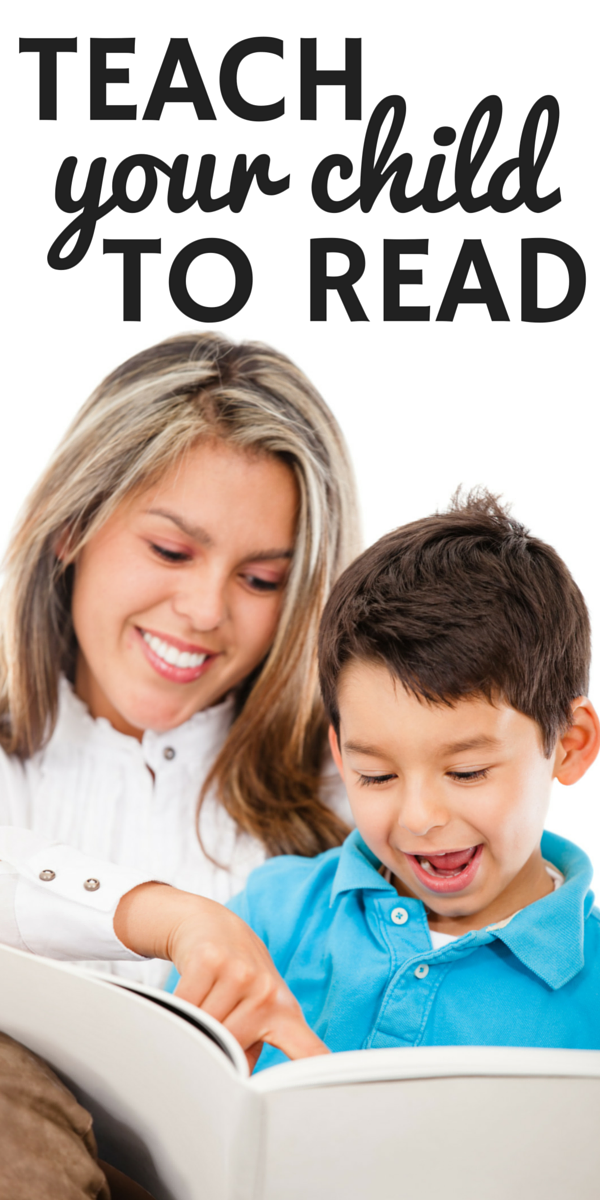 For example, you might want to stress how important it is for your child to have a teacher who knows a lot about differentiated instruction or about multisensory reading instruction.
For example, you might want to stress how important it is for your child to have a teacher who knows a lot about differentiated instruction or about multisensory reading instruction.
You might also want to talk about and other specialists. Explain that your child would benefit from a teacher who can work well with support providers as your child moves up to the next grade.
If the principal or case manager brings up potential teachers, talk up what’s good about the teacher you want. And avoid dwelling too much on what’s bad about the teacher you don’t want. This can help keep the administrator from getting defensive.
Remember to keep the focus on what helps your child rather than who. Feel free to bring up specific things previous teachers have done that worked well or not so well with your child. Talking about this can really help an administrator get a sense of which teacher would be a good match for your child.
After your meeting and follow-up note, be sure to also reach out to your child’s current or most recent teacher or counselor.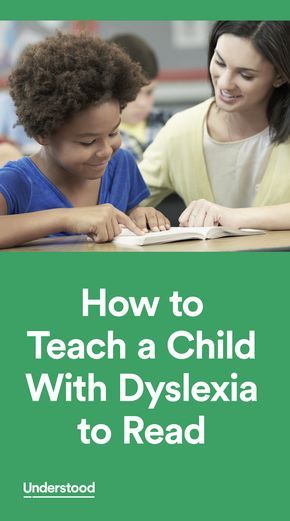 This person can have a big influence on which teacher your child gets next year.
This person can have a big influence on which teacher your child gets next year.
Preparation can help you be an effective advocate for your child. Ask a friend or family member to help you practice talking to the principal. Try out some different conversation starters. This can help you be clearer about what your child needs and the kind of teacher who can help your child succeed.
Online school for children: how to choose a teacher?
How do you know if online learning is right for your child? Despite the fact that this format of classes is very popular today, many parents are disappointed in online courses because they do not see the result in their children. From this article, you will learn what qualities an online school teacher must have in order for your child to study with pleasure and see the result 100%.
⠀
The success of each child depends on the teaching methods, the teacher and the format of the lessons themselves. For preschoolers and schoolchildren, learning in the format of a game is best, when children are involved in the classroom and learn with interest.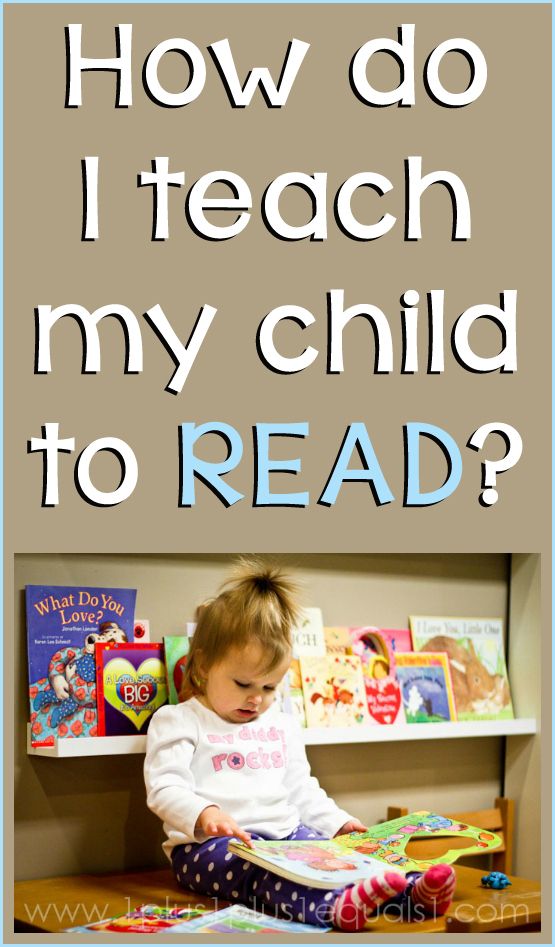 The second important factor is teachers. We will talk about them today. From the article you will learn how to understand that you have a professional teacher with whom your child will get 100% results.
The second important factor is teachers. We will talk about them today. From the article you will learn how to understand that you have a professional teacher with whom your child will get 100% results.
More than a thousand online lessons take place every day in the world. Our teachers at Kidskey online school know from experience that success in learning depends not only on the abilities and knowledge of each child, and not only on how well the teacher knows his subject.
⠀
Prepare a pen and paper and write down a checklist for choosing the right teacher for your child. So, a good online school teacher:
1. Uses online learning tools with confidence
Since the classes are held online, the teacher must be confident in using the Internet and have a good understanding of the features and latest tools of online learning. And also do not stop learning, because educational technologies are rapidly developing.
⠀
For example, all teachers of our online school undergo multi-level training: they pass internal exams for knowledge of teaching methods and the ability to work with unique edutainment programs in order to teach each child to read in a guaranteed number of lessons.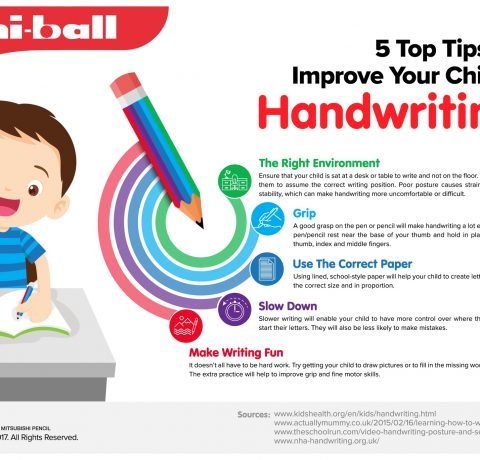
Conclusion: A good online educator never stops learning.
2. Understands the characteristics of children of different ages
A child will never be interested in a subject if he is confronted by a conservative teacher who is limited only to boring presentation of material in the classroom and does not consider it necessary to adapt to the flow of time and the interests of children.
⠀
A modern teacher knows what children aged 5, 10 and 15 are interested in today and can always find common topics with them.
⠀
We often hear from the parents of our students that the child and the teacher have a lot in common, so they communicate as friends. For example, our teacher Julia also loves books about Harry Potter, just like her 8-year-old student John. And the teacher Anastasia, like her 5-year-old student Adele, loves the cartoon about Masha and the Bear, because you can laugh heartily.
Conclusion: a good teacher knows how to communicate with a child of a particular age in order to quickly find a common language with him.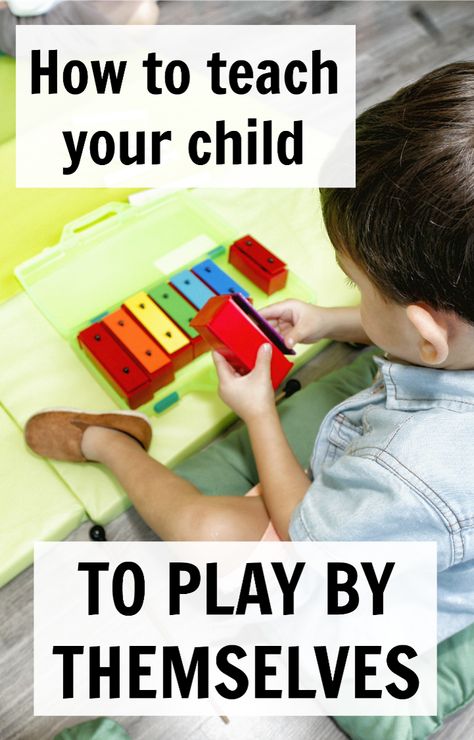 Our youngest students are very pleased when teachers call them princesses or fairies during the lessons and do not forget about compliments. And boys love being compared to their favorite superheroes.
Our youngest students are very pleased when teachers call them princesses or fairies during the lessons and do not forget about compliments. And boys love being compared to their favorite superheroes.
3. Always welcoming and friendly with children
If the teacher communicates with the child in a friendly way from the first lesson, then a favorable environment for learning is immediately created. The child feels support from his teacher and this helps him to achieve success in learning faster.
⠀
Our children look forward to every lesson, not only because they really like the lessons in the format of the game, but also because our lessons begin with a smile and questions: “How are you?”, “How are you? ”, “Who are you going to work with today?”, if the child planted a toy next to it.
⠀
Conclusion: a good teacher should work for the result, but sometimes deviate from the topic of the lesson and show sincere interest if the student shares something important with him.
4. First, he will interest and inspire, and then teach
A professional teacher of an online school transfers knowledge along with emotions and makes a child fall in love with his subject: he knows where to joke, tell a story, how to present the benefits of studying a subject so that the child himself wanted to study.
Some of our students are motivated, for example: “Imagine how many new friends you will have around the world if you know Russian well!”, “Your grandparents will be very happy when you can write to them more often in Russian”, etc.
⠀
Every day the parents of our students thank us for inciting children's interest in reading and helping to keep the Russian language abroad.
⠀
Conclusion: a good teacher should approach learning creatively and conduct lessons with passion.
5. Flexible
Even if the teacher has a lot of experience and the number of students has exceeded 1000, there is no guarantee that everything will go according to plan with the new student. It happens that at the first lesson the child refuses to study for unknown reasons and throws a tantrum, and sometimes he just comes to class in a bad mood, and instead of studying, he jumps on the bed or makes faces in front of the monitor.
It happens that at the first lesson the child refuses to study for unknown reasons and throws a tantrum, and sometimes he just comes to class in a bad mood, and instead of studying, he jumps on the bed or makes faces in front of the monitor.
For example, one of our teachers had the following story at a lesson: a child did not take his hand out from under the table for half an hour, and at the end of the lesson he threw a whole bunch of pieces of paper at the monitor. As it turned out later, the boy just quarreled with his brother and was out of sorts. And the first one who fell under the hot hand was a teacher of the Russian language.
⠀
How would an ordinary person react to this situation, even a mother, do you think? Most likely, the first reaction would be indignation or irritation.
⠀
But not with our teacher Valentina Andreevna. She clapped her hands with delight and thanked her student, because it was hot outside, and she so dreamed of snow.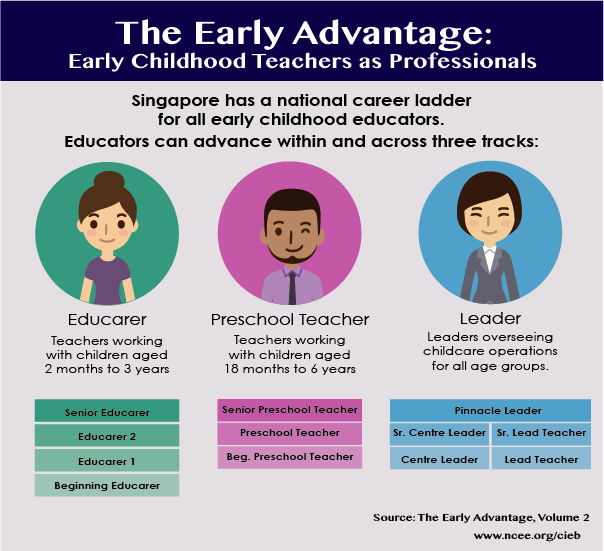 After that, the child began to come to the lessons to Valentina Andreevna, as to his best friend, because he knew that she understood him and accepted him as he was.
After that, the child began to come to the lessons to Valentina Andreevna, as to his best friend, because he knew that she understood him and accepted him as he was.
⠀
Conclusion: a good teacher always controls his emotions, knows how to be flexible and knows how to win over a child and involve him in the learning process.
6. Works for results
All children are different. Each child has their own characteristics and learning speed. Someone has problems with the pronunciation of sounds, someone mixes languages, and someone does not speak Russian at all. But a professional teacher is not afraid of difficulties and knows how to bring each child to the result.
⠀
For example, our 4-year-old student Roma spoke very badly when his mother enrolled him in our school. He had general underdevelopment of speech of the first degree and in another school they did not begin to study with him. But our teacher Victoria believed in Roma and already after 4 months of studying on the Primer 43 course, he already knew all the letters of the Russian alphabet and slowly read in syllables.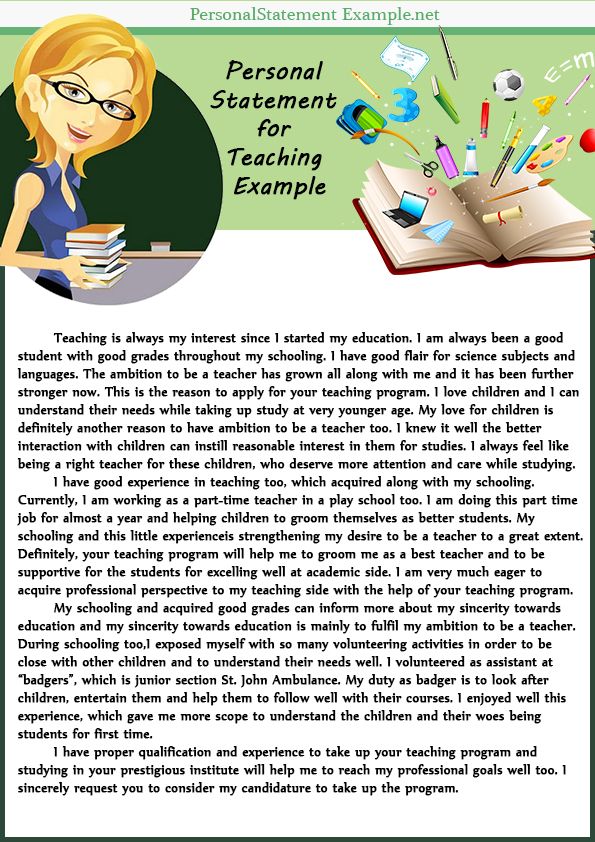 But the main thing is that he stopped being silent and began to talk.
But the main thing is that he stopped being silent and began to talk.
⠀
Conclusion: a professional teacher is a person who is not afraid of difficulties and knows how to find the key to each child and bring it to the result.
7. Loves children and her work
Working with children and teaching is not an easy job, so there is no way without love. If a teacher loves children, he will always be able to find an approach to them, and if he loves his subject, he will know it from A to Z.
⠀
with love.
Now you know how to understand that there is a good teacher on the other side of the screen, a real professional, and you will be able to draw the right conclusions after 2-3 lessons.
⠀
Well, if your child is 4 years old or more and you are looking for a good teacher in reading and Russian, then we invite you to try our online lessons in a playful way.
⠀
Your child will learn all the letters, learn to read words, sentences and small texts, as well as easily master the grammar of the Russian language. Classes are held on our own platform, where the child sees the tasks and the teacher on the same screen. After the lesson, interactive homework opens. The homework lesson takes approximately 1 hour.
Classes are held on our own platform, where the child sees the tasks and the teacher on the same screen. After the lesson, interactive homework opens. The homework lesson takes approximately 1 hour.
⠀
Sign up for a free trial lesson using the link below and see for yourself that Kidskey online school has the best teachers.
Read also:
6 reasons to teach your child in an online school
Why can't a child learn to read?
Rules of motivation in teaching preschool children
Children and gadgets: 6 tips for parents on how to turn addiction into a blessing!
How to choose a teacher for your child (yes, it is possible)
Is it possible to choose a teacher for a first grader? It turns out that yes, if the school opens not one first class, but two or more. Only you need to do this in advance, and not a week before the start of the school year. Most schools have a preparatory department for future students. It can be paid or free (most often). It is usually called "School of Future First Graders".
It can be paid or free (most often). It is usually called "School of Future First Graders".
Classes at this school will allow you and your child to take a closer look, get used to the teacher, his manner of communication, requirements. Although, first of all, the classes are aimed at preparing for systematic learning at school.
By enrolling your child in the "School of Future First Graders", you are already making the choice of a future teacher. It is unlikely that any of the parents will say: “I don’t care who will be the teacher of my son / daughter.” We all have our own idea of what the "ideal" teacher should be like. This idea was formed based on our personal experience, the stories of acquaintances and neighbors, and the general background. But real life is different from stereotypes.
Age stereotypes
Many parents of first-graders are sure that a freshly baked graduate of a pedagogical university as a first teacher is always bad. No experience, does not know how to communicate with children. It is quite possible, as well as the fact that, unable to withstand the realities of school life, a young teacher will quit in six months or a year.
It is quite possible, as well as the fact that, unable to withstand the realities of school life, a young teacher will quit in six months or a year.
But this is not always the case. First, you can clarify about professional experience. Sometimes students of pedagogical universities - future primary school teachers during their studies work as teachers of additional education, and their pedagogical experience is already quite good.
Secondly, a young teacher can be more energetic and enthusiastic about the educational process than older colleagues. He will devote all his strength, skills, time to his students
He may quite sincerely love them. Your children will only benefit from this.
Another stereotype of parents is associated with teachers of retirement age. In this case, too, there are no general rules. A 60-year-old teacher may well be active, cheerful and devoted to pedagogical work. And not necessarily overly strict and tired of many years of work.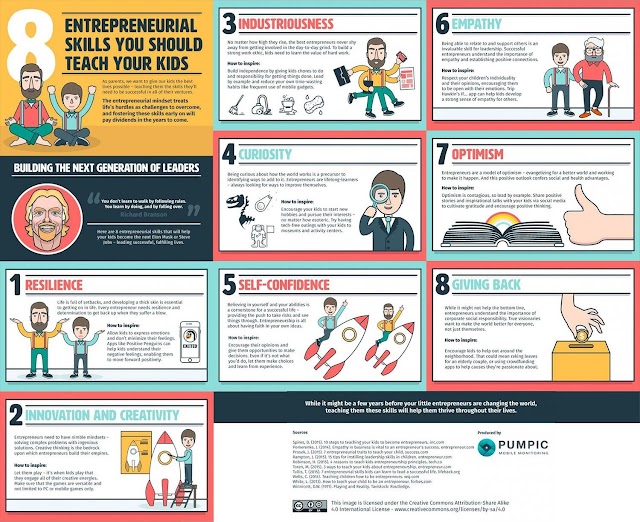
Stereotypes about teacher qualifications
On what basis can parents of students draw a conclusion about teacher qualifications? You will not be able to evaluate how the teacher conducts lessons, how much he knows the methodology of teaching different subjects.
The stories of experienced parents will not help you, since they were not in his lessons either. This is the task of the school administration and the certification committee.
Perhaps, there is one criterion for parents - certificates and victories of the teacher in professional competitions.
In this case, I have to disappoint you. Most modern professional competitions are close to "show education" and have little to do with the real educational process. If a teacher has several dozen such certificates, then it is worth considering whether the lessons will turn into endless rehearsals before concerts and "open" events.
What should parents of future first-graders pay attention to? See how the teacher communicates with the children.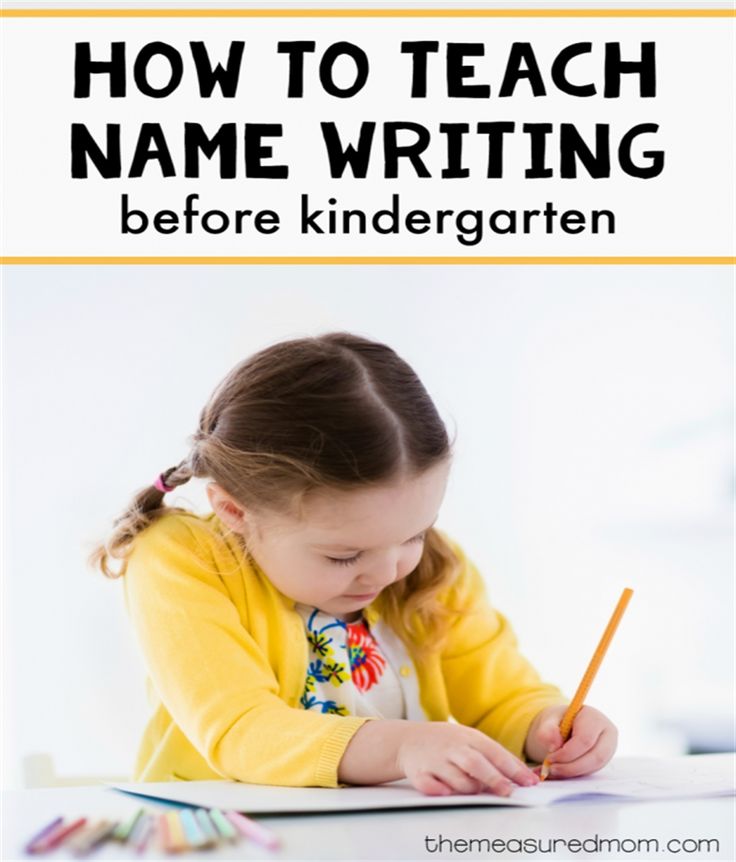
You came to school to write an application for the preparatory department, and at this time, primary school teachers take the children to the canteen or to the locker room. How are the kids going? "Tabor", shouting, making noise, pushing each other? Or do they walk in pairs, crouching and pulling their heads in from the teacher's shout? Or do they feel free, but at the same time they go quietly? Which option do you like best?
Once again walk past the school, where students from the extended day group are walking. See how the teacher reacts to a student's misbehavior. Will she scream? He will calmly stop and say something quietly, but will the child hear him? Or will he not react at all?
It is worth looking at how the teacher treats students. Does he want to teach them, develop them. Is he attentive to children or do they annoy him.
If you are already taking your child to the School of Future First Graders, listen to him. How does he respond about the teacher, is he comfortable in the new team?
If not, perhaps he should be enrolled in the first grade with another teacher.